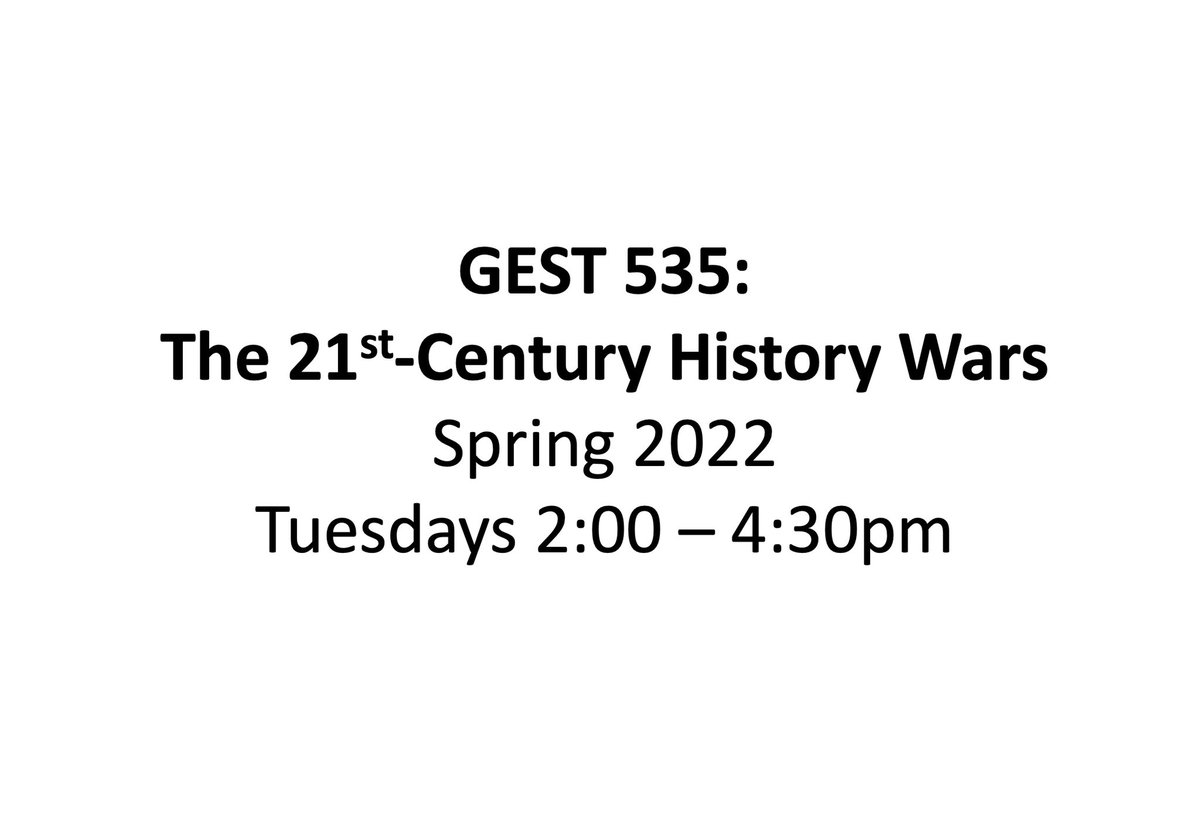
I wish more people knew about this story: a bust one of the KKK’s founders (!), in the year 2000 (!), in Selma, Alabama (!), in direct reaction to the election of a Black mayor. Grapple with this in earnest and you’ll understand so much about America’s past and present.
https://twitter.com/sethcotlar/status/1490841969261613061
Nathan Bedford Forrest is famous not in spite, but solely because he was a traitor, war criminal, and the first Grand Wizard of the Ku Klux Klan. He was the embodiment of white supremacist violence when he was alive, and has been a symbol of continued white supremacy ever since.
What would you say about a German town with a large Jewish community, that just elected a Jewish mayor, erecting a statue of a Wehrmacht general who was infamous for being an anti-Semite, massacring Soviet soldiers, and founding a neo-Nazi terror organization after the war?
No one witnessing this - not the neo-Confederates behind the idea of publicly displaying a new bust of Nathan Bedford Forrest nor the people protesting it - was under the illusion that this was anything but a celebration of white supremacy. In the year 2000, in Selma, Alabama.
“Defender of Selma
Wizard of the Saddle
Untutored Genius
The First with the Most”
That’s some seriously remarkable (in the worst possible way) stuff right there… Once again, this is from the year 2000. Very subtle.
Wizard of the Saddle
Untutored Genius
The First with the Most”
That’s some seriously remarkable (in the worst possible way) stuff right there… Once again, this is from the year 2000. Very subtle.
https://twitter.com/davidneiwert/status/1491448026598354944
• • •
Missing some Tweet in this thread? You can try to
force a refresh










